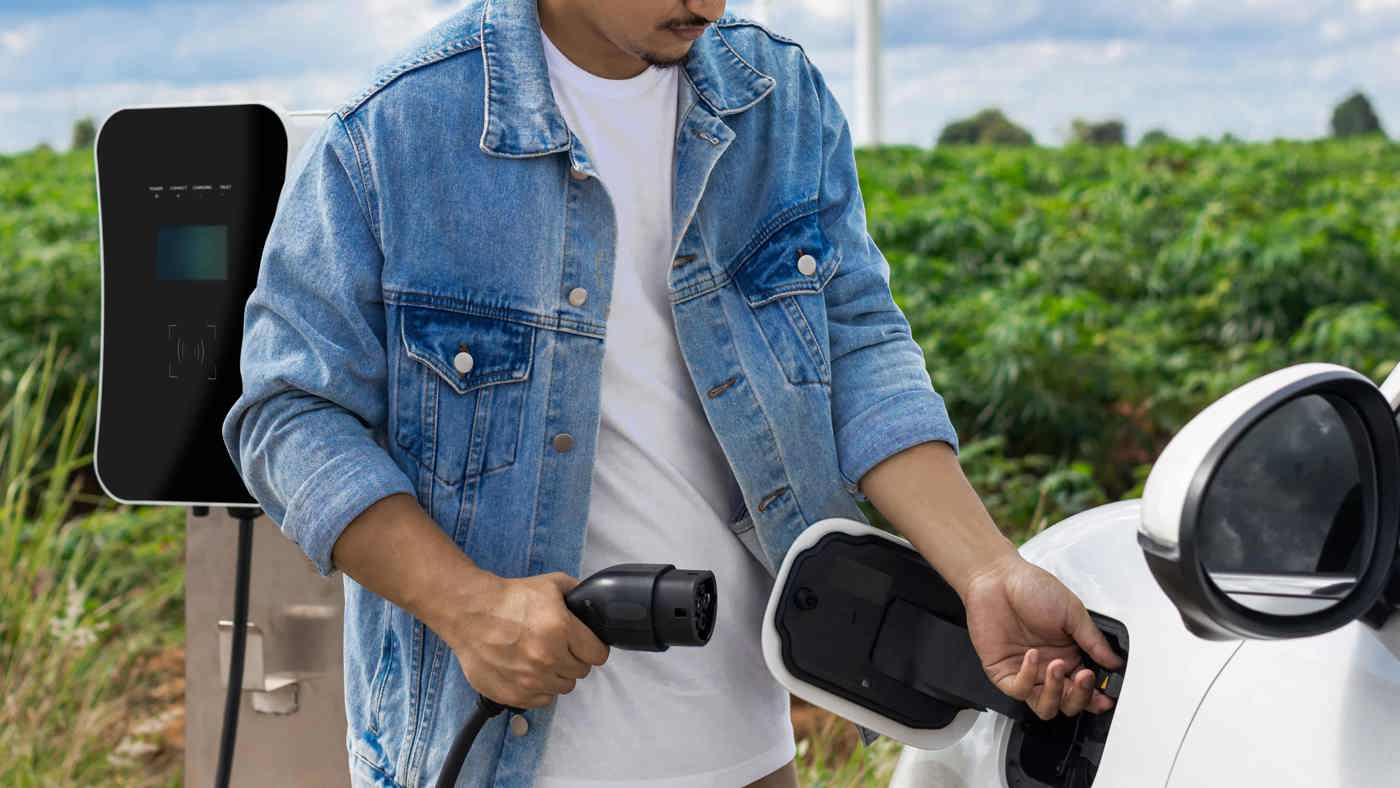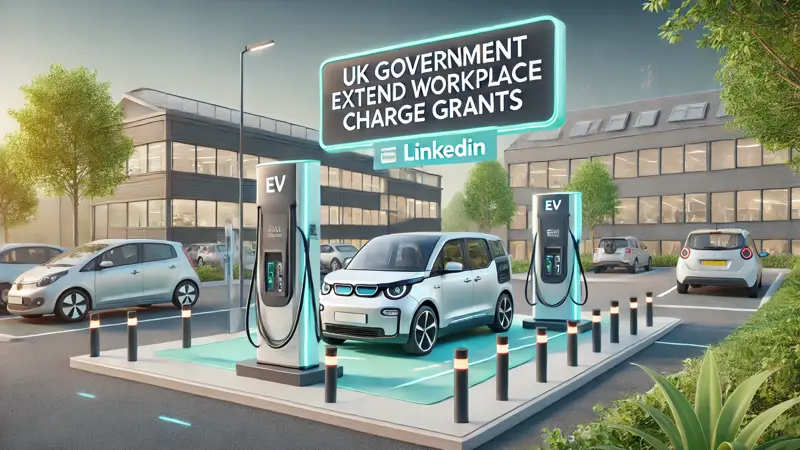
EV News: Norway's World First and Multi-Million EV Investment
World First as Norway sees electric cars outnumber petrol models
EV trailblazers Norway enjoyed another EV first this past fortnight, officially recording more electric cars on its roads than petrol-driven vehicles.
Of the 2.8 million private cars registered there, 754,303 are now all-electric, compared with 753,905 that run on petrol, according to new figures from the Norwegian Road Federation.
The Nordic country of 5.5 million people is aiming to become the first nation to end the sale of new petrol and diesel cars - by 2025.
These record-breaking EV sales have been boosted by tax breaks and other incentives, and prove that majority EV adoption is an achievable possibility.
Part of the reason it’s been able to offer these tax incentives is the stability of its overall economy.
The country has a sovereign wealth fund worth more than £1.3 trillion, built up from the proceeds of its oilfields, to act as a "pension fund" for when it runs out.
This cash cushion has made it possible for the government to offer green incentives to motorists, including exempting electric car buyers from sales tax.
But beyond that, Norway has also invested hugely since the emergence of EVs in promoting their use within popular culture.
In the early days of the EV revolution, Norway's environmental activists even enlisted the help of the country's biggest pop group, A-ha, to promote the use of the vehicles.
On top of that, many places across Norway offer free parking for EVs and their drivers do not with numerous free chargers in every Norwegian town and city, and 2,000 in Oslo alone.
With subsidised and free EV charging available, and more land to install home chargers, it makes the vehicles far more affordable than the UK and other countries could reasonably replicate without such financial backing.
But that doesn’t mean that other countries can’t learn from its positive tax incentives, and efforts to champion the use of the vehicles.
Multi-million-pound investment announced to drive forward ZEV tech
On the topic of Government involvement in promoting EV use and development, The Advanced Propulsion Centre UK (APC) and the Department for Business and Trade have announced a multi-million-pound package of investment for the automotive industry.
The investment will see dozens of cutting-edge, green vehicle technology projects including ultra-lightweight vehicles, zero-emission buses, and new battery technology set to benefit.
A combined total of £85.8 million of investment, with both industry and government contributing, is intended to support the UK’s manufacturing sector, boost British business, and accelerate the industry’s transition to net zero.
With the debate about whether range anxiety exists today, even the most basic of EVs can boast ranges of around 150 miles out-of-the-box. In that sense, the technology has already overcome one of its biggest early obstacles to adoption.
Instead, what many argue we need now is a boost to affordability.
Lobby groups like the SMMT, RAC, AA, and FairCharge have been vocal in their recommendations to the government. They argue that removing financial incentives, coupled with the lack of a comprehensive charging infrastructure, could hinder progress towards the 2030 target.
Despite this, there are still positive improvements being made to this infrastructure; signified by the 2023 Public Charging Regulations coming into effect towards the end of November this year.
With a mandated, enforceable level of service expected across all public chargers, the new set of regulations look set to turn the tide of opinion on EV charging and to help open up our public network to a newer generation of drivers.
And in terms of vehicle and ownership affordability, there are certainly signs of improvement. Not only with developments like…
UK’s second-cheapest EV announced as affordable options on the rise
We were strong and vocal fans of the Dacia Spring’s announcement last year - and it looks to have found its competitor at the previously unfeasible price range of around £15k.
Chinese firm Leapmotor has joined the likes of Omoda and Avatr as new makers of electric vehicles seeking their fortune in Europe.
One of its two latest models - the TO3 - has stood out for its £15,995 price tag, making it the UK’s second-cheapest electric car at just £1,000 more than the Dacia Spring.
Of course, like the Dacia, it naturally comes without some of the perks of the mid and higher end models, with Sun Motors tester Rob Gills calling it a "no-frills, budget EV".
But given the lack of availability of models at this price point, it’s sure to make a mark in creating competition and bringing the vehicles to more prospective drivers across Europe.
For the extra £1,000, the T03 comes with a larger battery than its Dacia rival that provides an extra 26 miles of range per charge.
It's also slightly nippier than the Spring, with a motor capable of 94bhp that is capable of hitting 0-62mph in 12.7 seconds.
With a full-scale launch expected very soon in ‘late 2024’, we’re excited to see competition heat up at the lower end of the EV market (in terms of price at least).

Local electric car club receives cash boosts to help community
And finally this week, a feel-good story…
Ten years ago, Blackhall Mill Community Association set up the Derwent Valley car club to help shuttle elderly and mobility-impaired residents.
Participants hire a car for £5 an hour or book a volunteer driver to take them where they need to go.
Now, after the club proved a success in the local community, they’ve been awarded £25,000 from the Royal Countryside Fund to help other communities set up similar schemes.
With the club now boasting a fleet of six electric vehicles, club members are using the money to create a guide explaining the steps needed for groups wanting to develop their own scheme.
Michael Marsten, of the community association, said the scheme was a lifeline.
"If the model for our scheme can work in our village it can work in others," he said, adding: "It helps hundreds of people."
*story courtesy of Claudia Robinson, BBC.
That’s all for this edition of our bi-weekly round-up! If you enjoyed this, be sure to let us know on our social channels where we’ll be posting regularly on all things EV charging.


